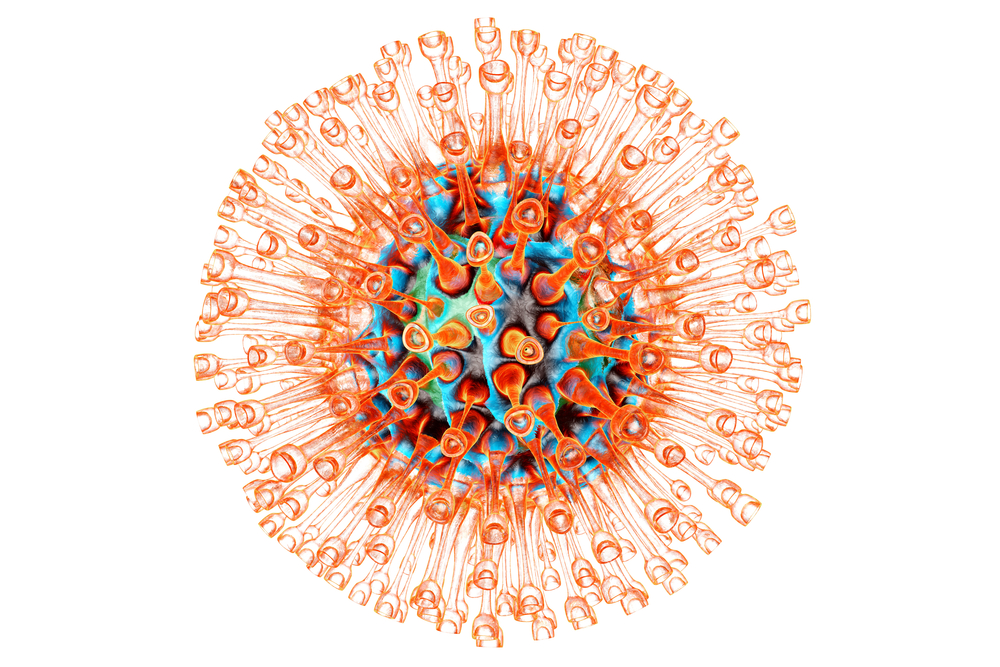Human Herpes Virus 6 May Increase Risk of MS, Study Suggests
Written by |

Iranian researchers have identified another herpes virus that may increase the risk of a person developing multiple sclerosis.
The team identified the human herpesvirus 6, or HHV6, as a potential risk factor for MS through a meta-analysis of several studies.
They published their findings, “Relationship of Human Herpes Virus 6 and Multiple Sclerosis: A Systematic Review and Meta-analysis,” in the Journal of Cellular Physiology.
Scientists have found links between other human herpes viruses and MS, especially the Epstein-Barr virus, also known as human herpesvirus 4.
Recent studies had also suggested a relationship between HHV6 and MS, but the findings have been controversial.
An Iranian team did a meta-analysis of studies published between October 1992 and September 2016 to see if they could shed more light on whether HHV6 and MS are connected. The found 39 studies that they considered suitable for their project.
The meta-analysis covered 2,693 MS cases, 2,329 healthy controls and 480 people with neurological diseases besides MS. The majority of MS cases were women.
In most of the studies, researchers used blood samples or molecules to try to find links between HHV6 and MS. Altogether, the studies included 19 blood samples, nine cerebrospinal fluid samples, nine peripheral blood mononuclear cell samples, four tissue samples and one urine sample, the Iranian team said.
Researchers used healthy individuals as controls in 19 studies and people with neurological diseases besides MS as controls in nine studies.
The scientists who used serum or blood samples in their research found significant links between HHV6 and MS, compared with controls, the Iranians reported.
Studies that used healthy people as controls, rather than people with other neurological diseases, were more likely to yield significant associations between MS and HHV6, they said.
The analysis also showed higher levels of antibodies against HHV6 in MS patients than in patients with other diseases affecting the nervous system. This suggested that measuring levels of antibodies against HHV6 “could be helpful for identifying populations with a high risk for MS,” the Iranian team wrote.
Overall, “our analysis demonstrated HHV6 increases the risk of MS and highlights the relationship of MS and HHV6,” they wrote.


